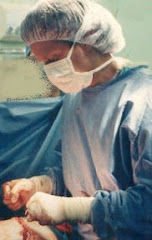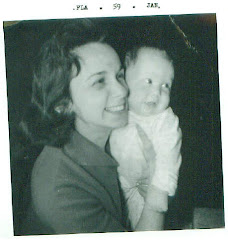Expectation - There will be approximately 24,000 PGY1 positions available this year in ALL specialties. There will be nearly 50,000 applicants this year (U.S. and FMGs plus graduate MD's from other countries). There are going to be over 25,000 U.S. grads alone....more than the number of PGY1 slots. Any with funding questions swirling, there may be less positions even as the number of applicants increases.
The Problem: A tremendous need for primary care physicians in this country (pediatrics, geriatrics, community internal medicine, general surgery, family practice, women's health, etc)
The Myth: Expansion of medical schools will increase physicians, particularly in primary care. This is the biggest lie of the entire health care discussion, and medical school have largely bought into the idea by increasing class sizes and opening new programs. Physicians are "built" in residency, NOT medical school.
A Simple Solution: Unmatched graduate MDs and DOs want to continue training and practice medicine...being part of the solution.
How about providing a route for all unmatched physicians who have passed Step 1 and Step 2 enter into a "apprenticeship" agreement for training with any licensed physician? In exchange "training reimbursement" through Medicare, Medicaid, Insurance etc including payment for services as if the trainee was a physician.
Why is this so outlandish? A Physician Assistant can graduate PA school after 2 years, and enter into a work agreement to "practice medicine with supervision" right away. Why shouldn't a 4 year trained physician be allowed to do the same? It make so much sense to create this alternate pathway to create primary care and needed specialty physicians as a methodology to create the solutions health care really needs in this country.
The question, is there anyone in medical leadership willing to champion the effort. Are Boards of Medicine willing to be creative enough to fulfill the needs of it's citizenry as physicians retire, leave medicine, and refuse to accept Medicare and other payment programs?
We really need solutions, not more roadblocks. How about bringing the community apprenticeship training model back? It's worth looking at!




